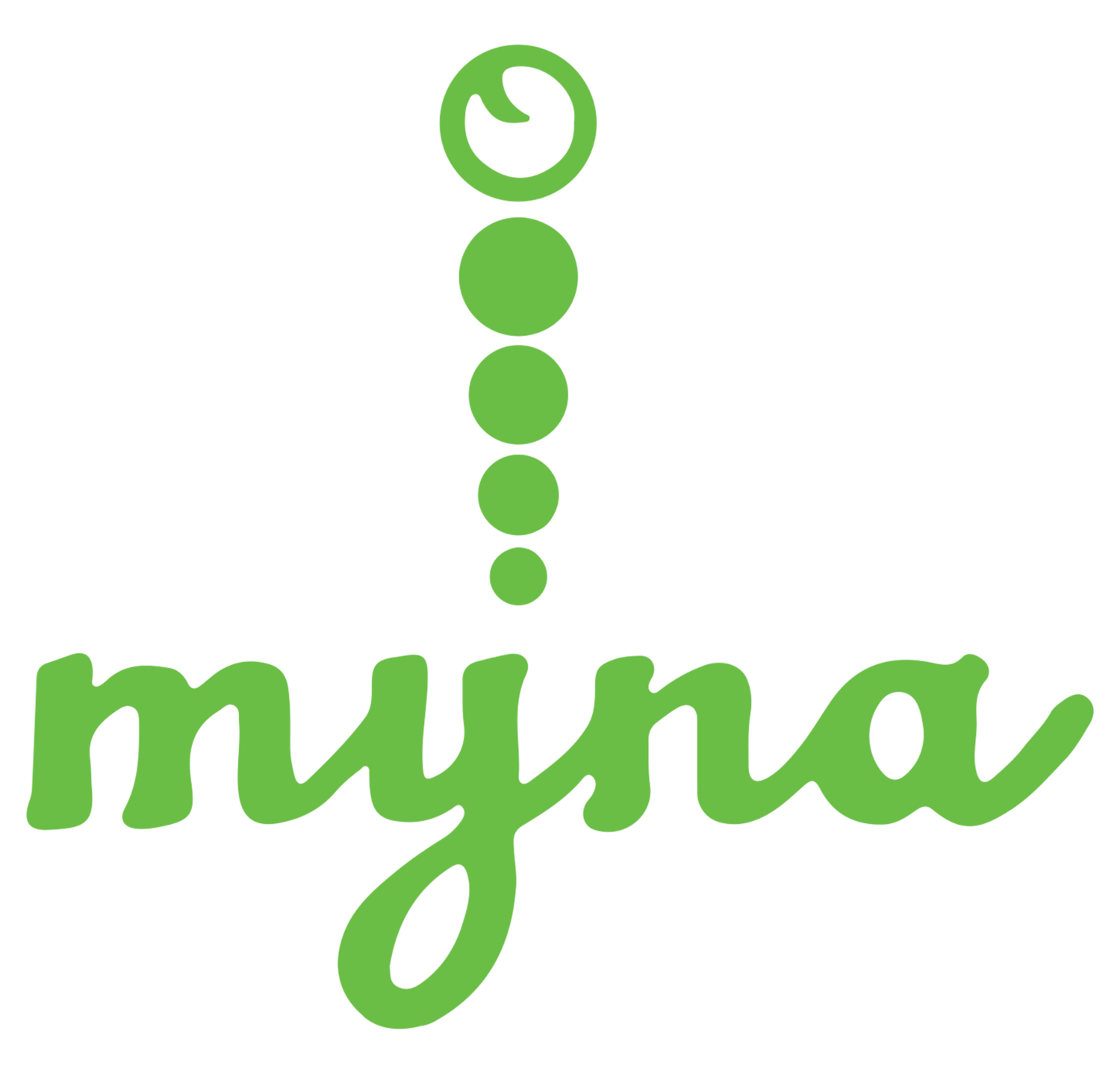🥣 Midnight Cereal & Spiritual Vibes: Why Suhoor Hits Different
Sarah Soleman
Every year, as Ramadan rolls around, there's one moment we all both dread and secretly look forward to—the blaring alarm clock at 3:45 AM, signaling one thing: suhoor time.
Now, let’s be honest. Waking up before dawn to eat sounds way cooler in theory than it feels at the moment. You're groggy, stumbling to the kitchen, negotiating with yourself: “Do I make something fancy? Or do I just chug some water and hope it lasts till iftar?” The fridge door opens, and suddenly the leftover chicken nuggets, a cold slice of pizza, or even a random bowl of cereal become gourmet meals.
But here's the thing: Suhoor hits differently.
Suhoor Is More Than Just Food
It’s not just about stuffing your face before fajr (though, let’s not lie—those Oreos do taste elite at 4 AM). Suhoor is an intentional pause. It’s one of those rare, quiet moments where the whole world feels asleep, but you’re awake, getting ready to take on the day... with an empty stomach and a full heart.
In the Prophet Muhammad’s (PBUH) tradition, suhoor is a sunnah, a source of barakah (blessing). Even something as simple as sipping water at suhoor carries spiritual weight. There’s wisdom in that discipline—choosing to rise early, setting an intention, and fueling not just your body, but your soul.
The Chaos and Community of Suhoor
And if you live in a house like mine, suhoor isn’t some peaceful, solitary ritual. It’s chaotic family bonding time. Someone’s trying to cook eggs while someone else is frantically microwaving rice. There’s always that cousin on FaceTime, eyes barely open, giving updates on what random suhoor snack they're eating. And without fail, there’s the "Suhoor Debater," making the case for why one date and a protein shake are definitely enough to last all day.
These messy, half-asleep moments are what make Ramadan special. Suhoor becomes a shared experience—a sleepy, funny, low-key act of worship that reminds us we’re part of something bigger. Whether it’s sitting next to your siblings silently munching toast or checking in with friends who are also awake, there’s a sense of unity in knowing that millions of Muslims around the world are doing the exact same thing at the same time.
Small Acts, Big Impact
The beauty of suhoor is that it teaches us something important: consistency beats intensity. Maybe you’re not doing long prayers every night, but you’re showing up. You’re getting out of bed, making dua half-asleep, drinking water with the intention of fasting, and starting your day by putting Allah (SWT) first.
It’s the little acts—wiping sleep from your eyes to make fajr, sharing a plate with family, reciting a short ayah before dawn—that stack up to transform you by the end of Ramadan.
So, What’s the Suhoor Takeaway?
Next time you roll out of bed, hair a mess, trying to figure out if eating instant noodles at 4 AM is a good life choice (it is, by the way), remember:
Suhoor isn’t just a meal. It’s a microcosm of Ramadan itself—a little inconvenient, a little chaotic, but filled with barakah, community, and the chance to show up for yourself and your faith in small, meaningful ways.
